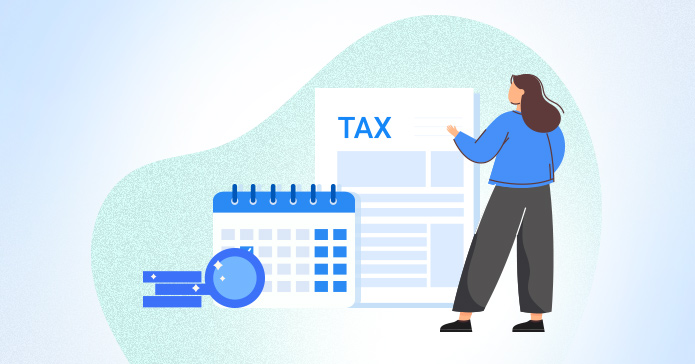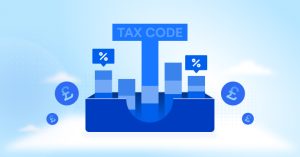We all know the feeling of dread when it's time to do our taxes. Every year, 16.6% of people miss their self-assessment tax return deadline out of 12.2 million people, and that number jumps to 30% if you include those with inaccurate submissions! It's no surprise, as tax submission can be an intimidating process for many and happens every year, just like your birthday or Christmas.
Then you may wonder so many people fail to submit their self-assessment tax return whilst it's a recurring compliance work for many on an annual basis. The best advice we could give is "inform HMRC if you think you have made a mistake on your self-assessment tax return to avoid fines up to 100pc of your tax due!" and “File your self-assessment tax return early!”
The common mistakes that people make whilst filing their tax returns are; forgetting to declare additional income, submitting inaccurate expenses or losses, not providing HMRC with all the necessary documents, or failing to submit self-assessment tax returns before the deadline.
Every year, your accountants give you similar heads-ups about the documents you need like, UTR number, tax relief documents, payments on accounts, making sure you have the correct tax code, declaring salary, benefits, PAYE, etc. But there are some trickier parameters that many forget to declare or are not aware of their existence, in this blog post we`ll share you with the "forgettable ones"
State Pension
Your accountant needs to know the exact amount of your state pension, the lump sum, or your gross number of annuities if you are retired.
Bank Interest
The total amount of money you've earned from bank interest should be declared as “Income from Savings”.
Foreign Income
If you have received any foreign income even from foreign investments such as dividends, capital gains, etc., this must be declared too.
Investment Income
All income from investments should be declared in self-assessment tax returns, such as interest from banks, and dividends from companies.
Child benefit tax
If you or your partner get child benefits and the income of either of you is more than £50,000 a year, then you may be liable to pay tax on some or all of it. Last year HMRC has identified 180K families that failed to declare child benefits they have. You can also find out how much high-income child benefit tax charge you'll get by using our child benefit tax calculator here.
Coronavirus support schemes
There are a number of self-employed grant and support schemes available if you have been affected by a coronavirus, and your self-assessment tax return must take them into account. If you applied for all 5 self-employment income support schemes, it is particularly vital for you to avoid an unexpectedly huge tax bill if you fail to report these in your tax return.
Inheritance Tax
You may be liable to pay Inheritance Tax if a person has left you or your family money, assets, or property that’s worth more than £325,000.
Marriage allowance
You may be eligible to transfer £1,260 of your Personal Allowance to your spouse or civil partner if they earn more than you. Don't forget to claim it, it is often mistakenly forgotten claims on self-assessment tax returns.
Student loan repayments
If you have a student loan and earn more than the repayment threshold, your self-assessment tax return must include the repayments made against your student loan.
Gifts or donations to charity
Any gifts or donations to charity must be reported in self-assessment tax returns. With the help of Gift Aid, you may be eligible to claim the gifts and donations you have made in the same tax year that you'll be submitting your return, yes that means gifts that you give in 2022.
Property or land rental income
If you have any rental income from property or land, your self-assessment tax return must include this.
In conclusion, self-assessment tax returns can be taxing, but it's important to ensure that you are submitting accurate information to avoid hefty fines and penalties. Make sure you get advice from a qualified professional if you need any help or have any questions about self-assessment deadlines and self-assessment late filing penalty. And most importantly FILE IT EARLY!













